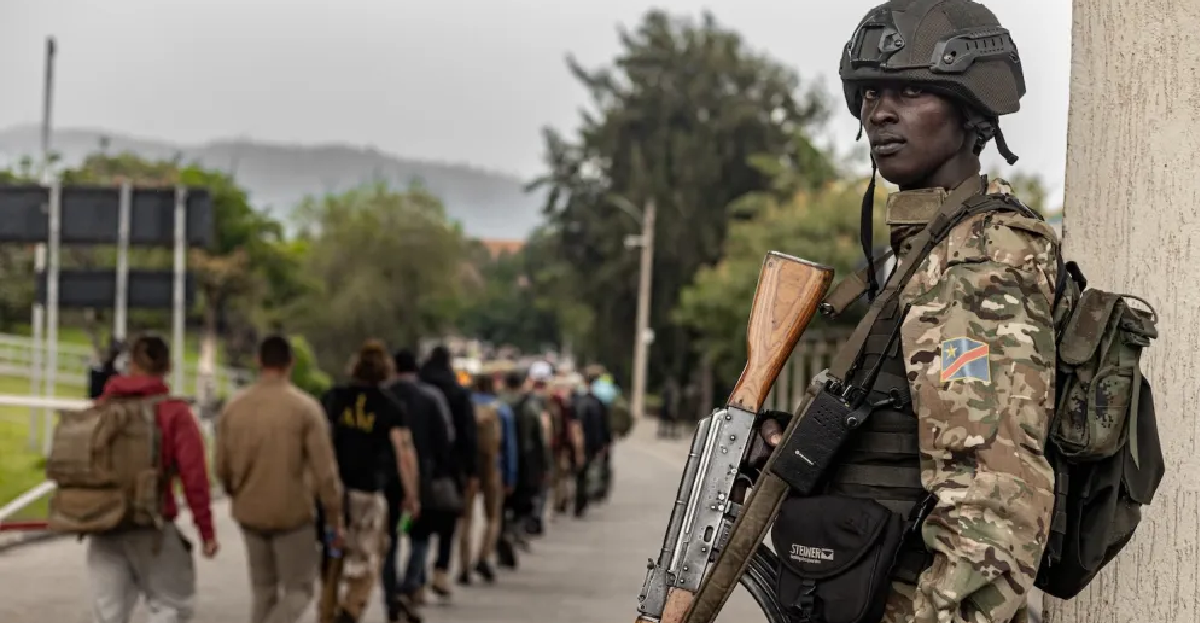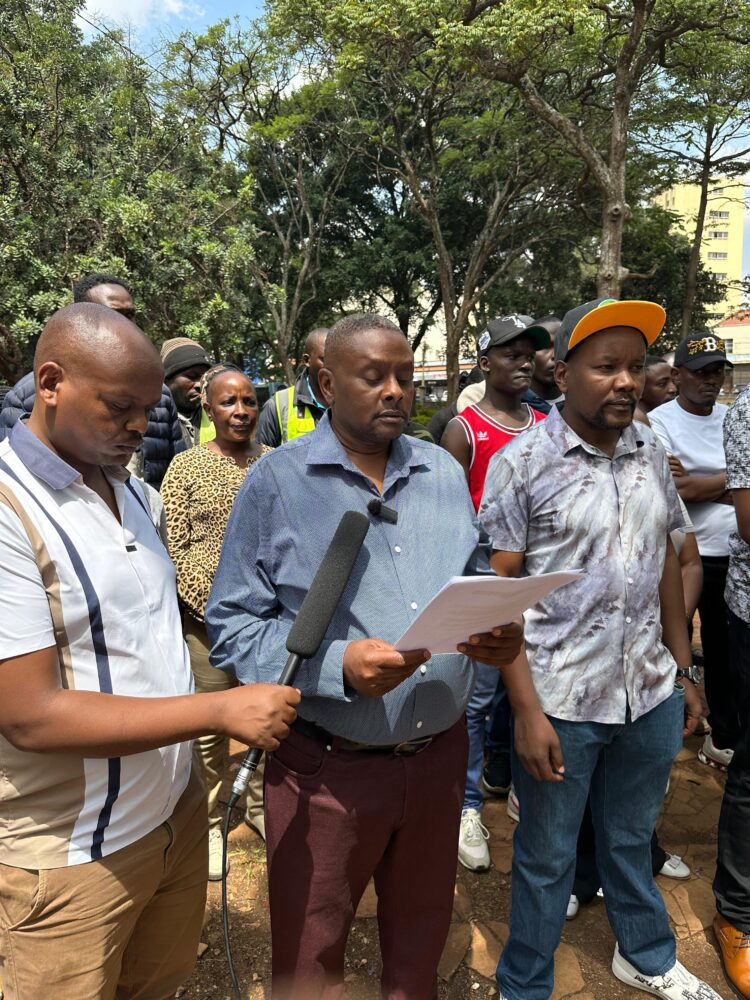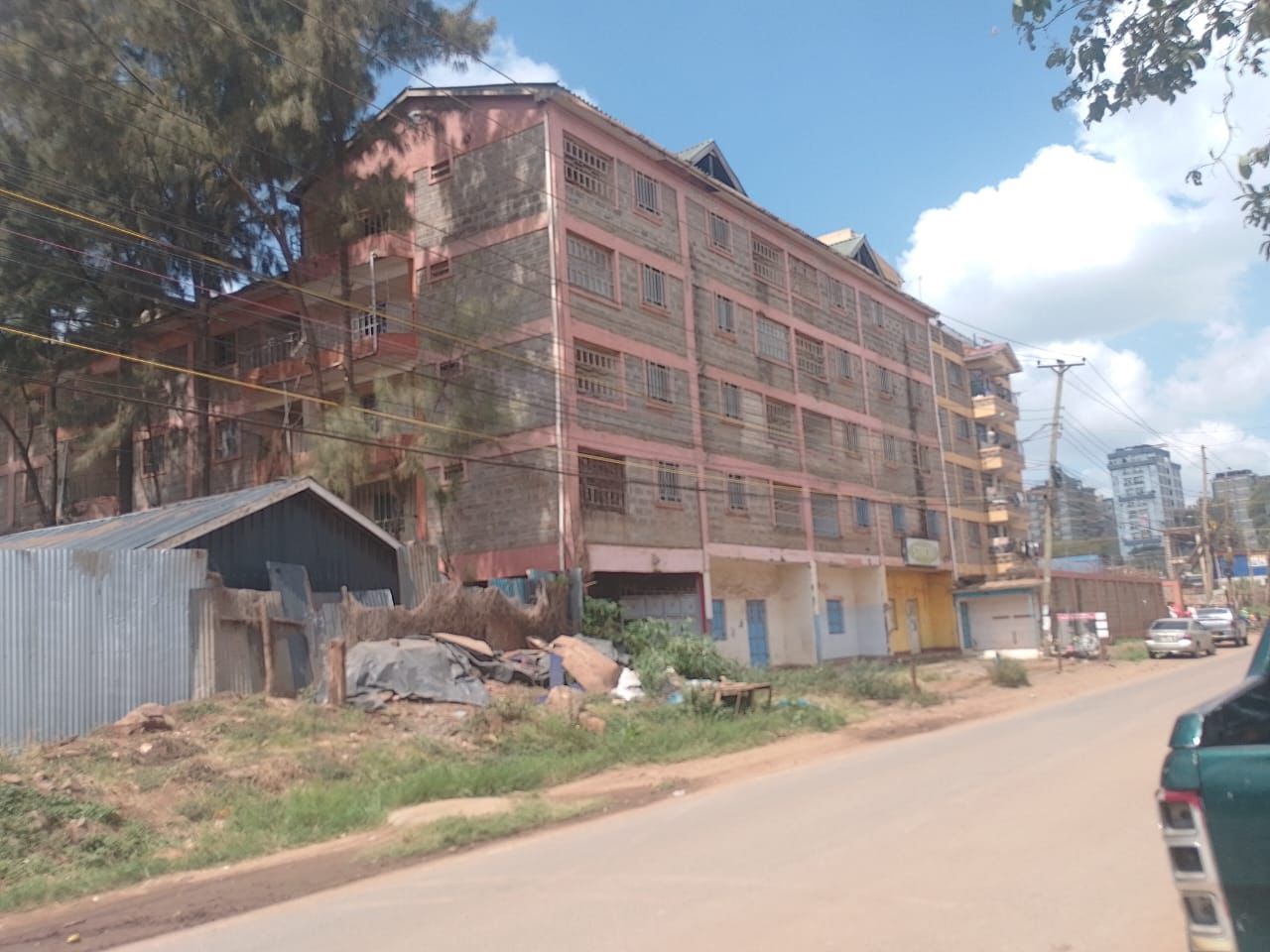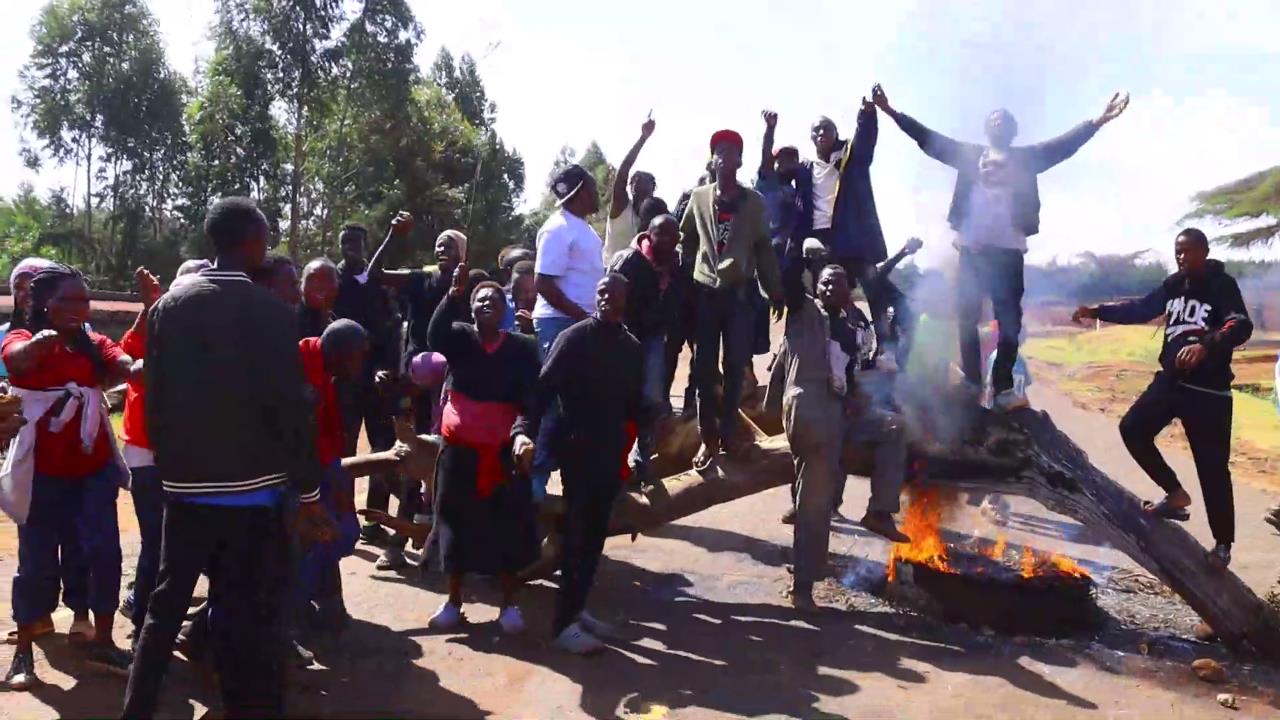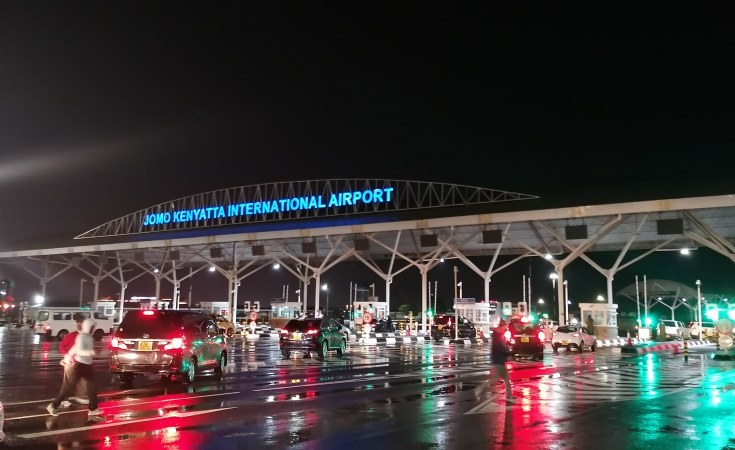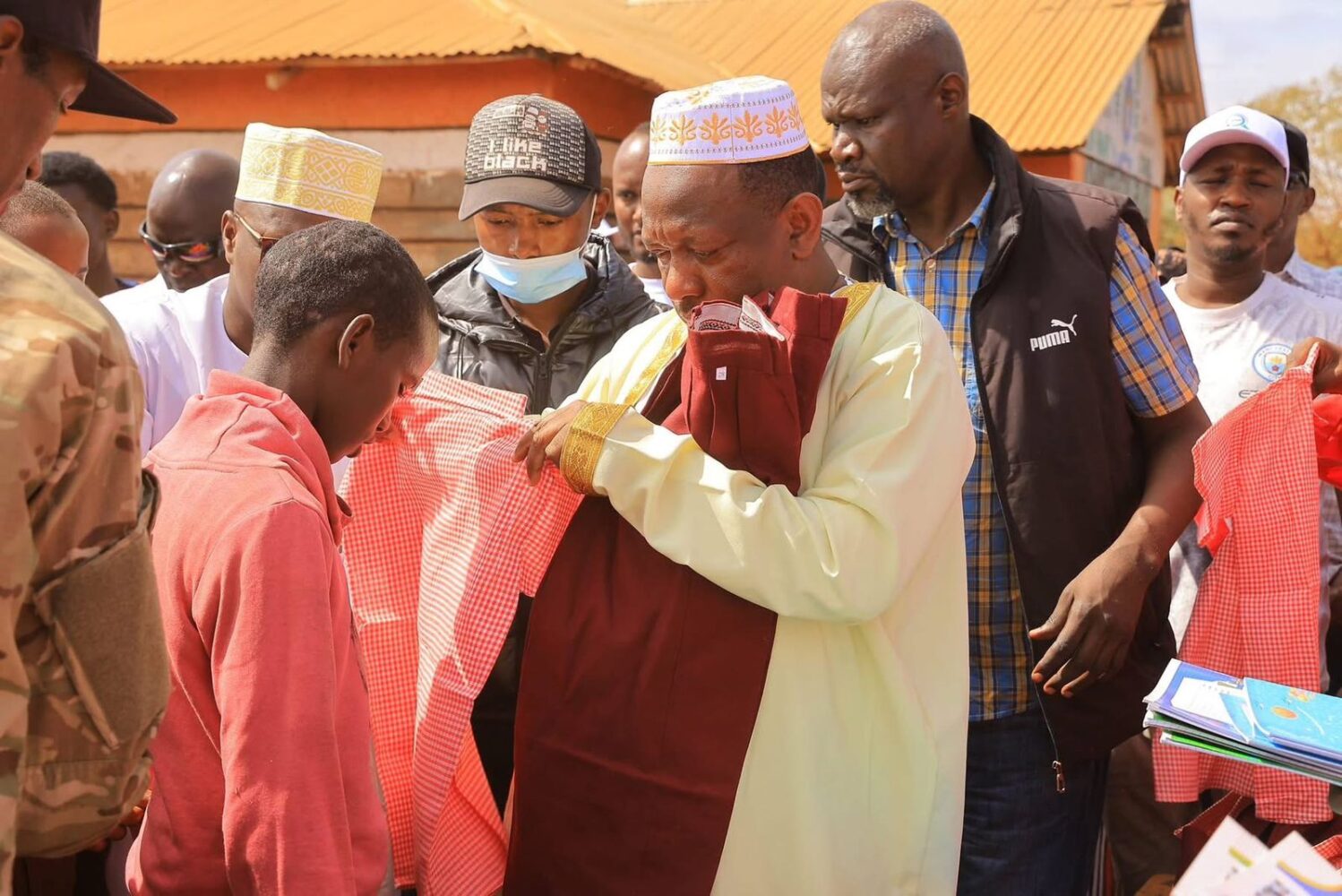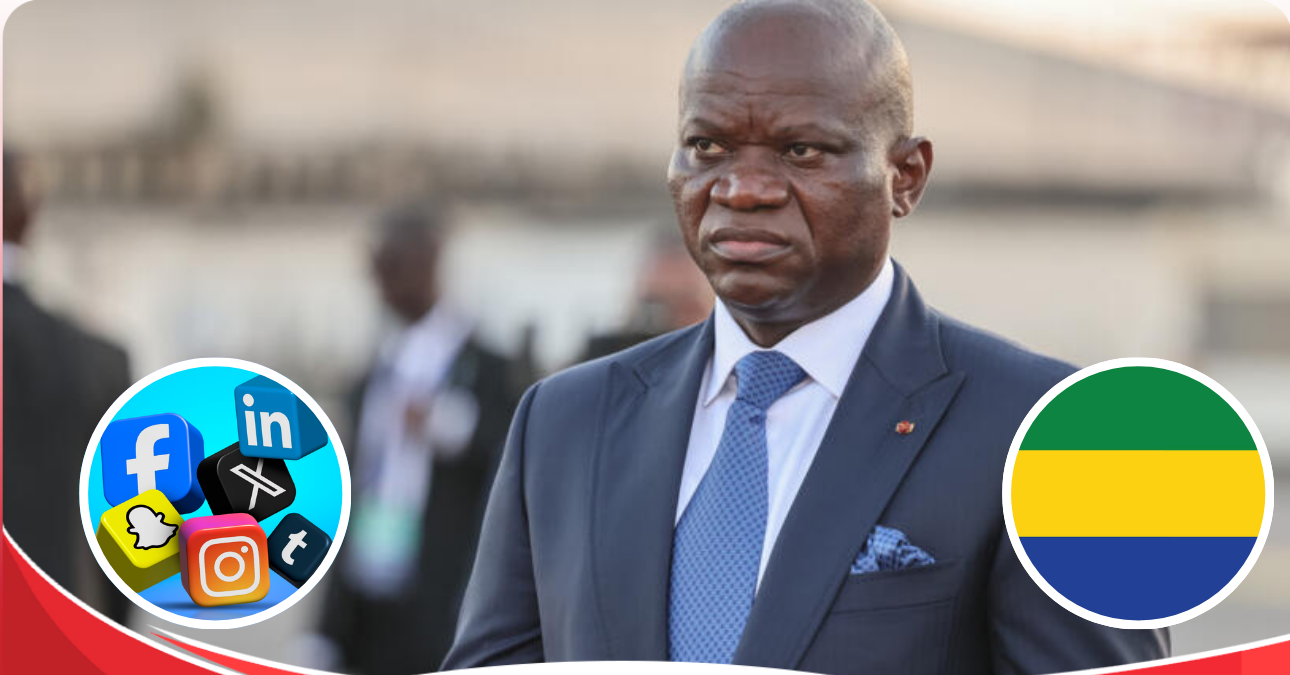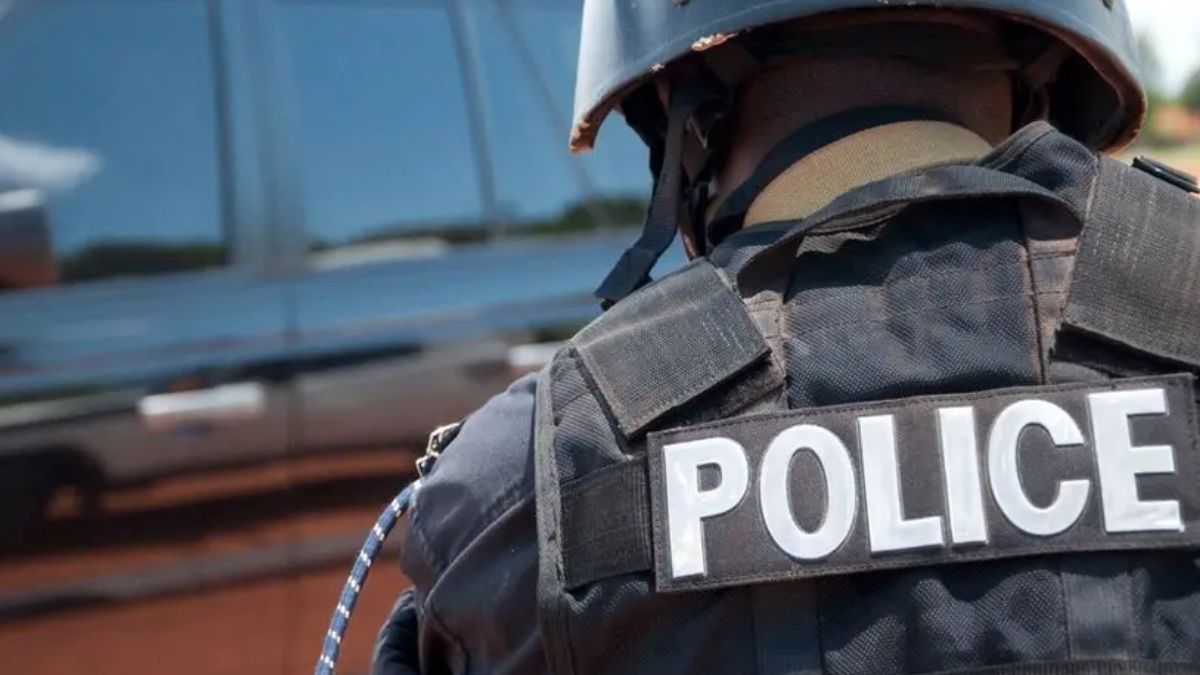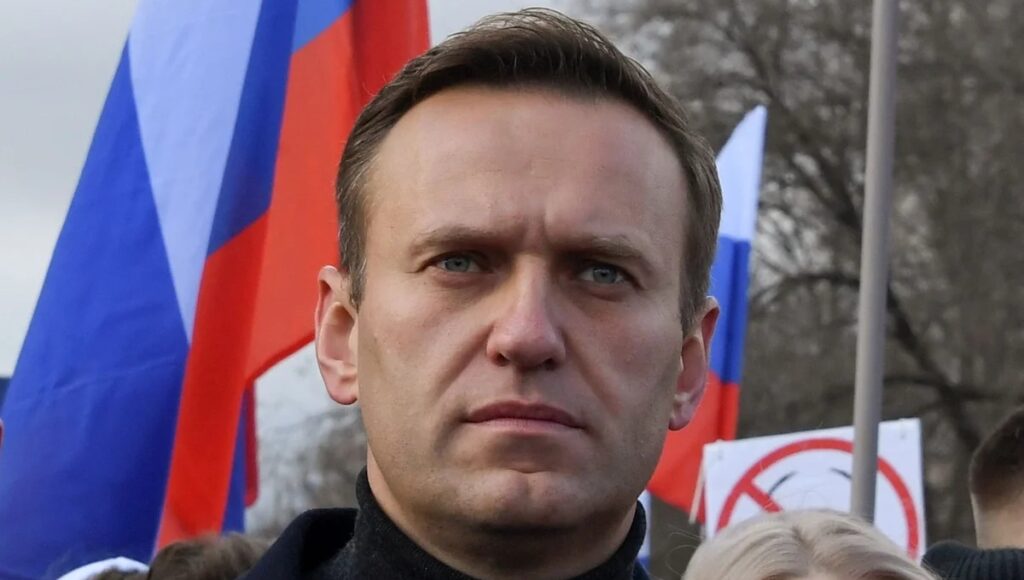Rwanda and Democratic Republic of Congo are set to sign a U.S.-brokered peace agreement in Washington on Friday, raising hopes for an end to years of fighting that has displaced hundreds of thousands of people.
The agreement marks a breakthrough in talks held by the administration of U.S. President Donald Trump, which aim to end the violence and bring billions of dollars of Western investment to the region, which is rich in tantalum, gold, cobalt, copper, lithium and other minerals.
U.S. Secretary of State Marco Rubio will host the Rwandan and Congolese foreign ministers at the Department of State for a signing ceremony on Friday afternoon, according to the State Department schedule. The ministers are set to meet with President Trump at the White House after the ceremony.
A source familiar with the matter said another agreement on a regional economic integration framework – part of a push to bring Western investment to the region – would be signed by the heads of state at a separate White House event at an unspecified time.
There is an understanding that progress in ongoing talks in Doha – a separate but parallel mediation effort with delegations from the Congolese government and the Rwanda-backed M23 rebel group – is essential before the signing of the economic framework, the source said.
Technical experts from the two countries initialed the draft peace agreement last week, saying it addressed issues related to territorial integrity, “a prohibition of hostilities” and the disengagement, disarmament and conditional integration of non-state armed groups.
It also referred to a mechanism agreed as part of an earlier Angolan-backed peace effort to monitor and verify the withdrawal of Rwandan soldiers within three months.
Congolese military operations targeting the Democratic Forces for the Liberation of Rwanda (FDLR), a Congo-based armed group that includes remnants of Rwanda’s former army and militias that carried out the 1994 genocide, were to conclude over the same timeframe.
Reuters reported on Thursday that Congolese negotiators had dropped a demand that Rwandan troops immediately leave eastern Congo, paving the way for the two longtime foes to sign the agreement on Friday.
Rwanda has sent at least 7,000 soldiers over the border, according to analysts and diplomats, in support of the M23 rebels, who seized eastern Congo’s two largest cities and lucrative mining areas in a lightning advance earlier this year.
Congo says Rwanda is supporting M23 by sending troops and arms.
Rwanda has long denied helping M23, saying its forces are acting in self-defence against Congo’s army and ethnic Hutu militiamen linked to the 1994 Rwandan genocide.
Sources told Reuters earlier this month that Washington was pushing for Rwanda to withdraw its troops before the deal’s signing, a pre-condition that was also included in a U.S.-prepared draft authenticated by diplomats.
But that timeline was certain to face resistance from Rwanda. Kigali considers Congo-based armed groups an existential threat, particularly the Democratic Forces for the Liberation of Rwanda (FDLR).


